MP visits UK DRI: highlighting our research to uncover new treatments for dementia
We were delighted to welcome Jo Stevens MP, Shadow Secretary of State for Wales, to visit the UK DRI at Cardiff University last week.
Read ArticleWe were delighted to welcome Jo Stevens MP, Shadow Secretary of State for Wales, to visit the UK DRI at Cardiff University last week.
Read Article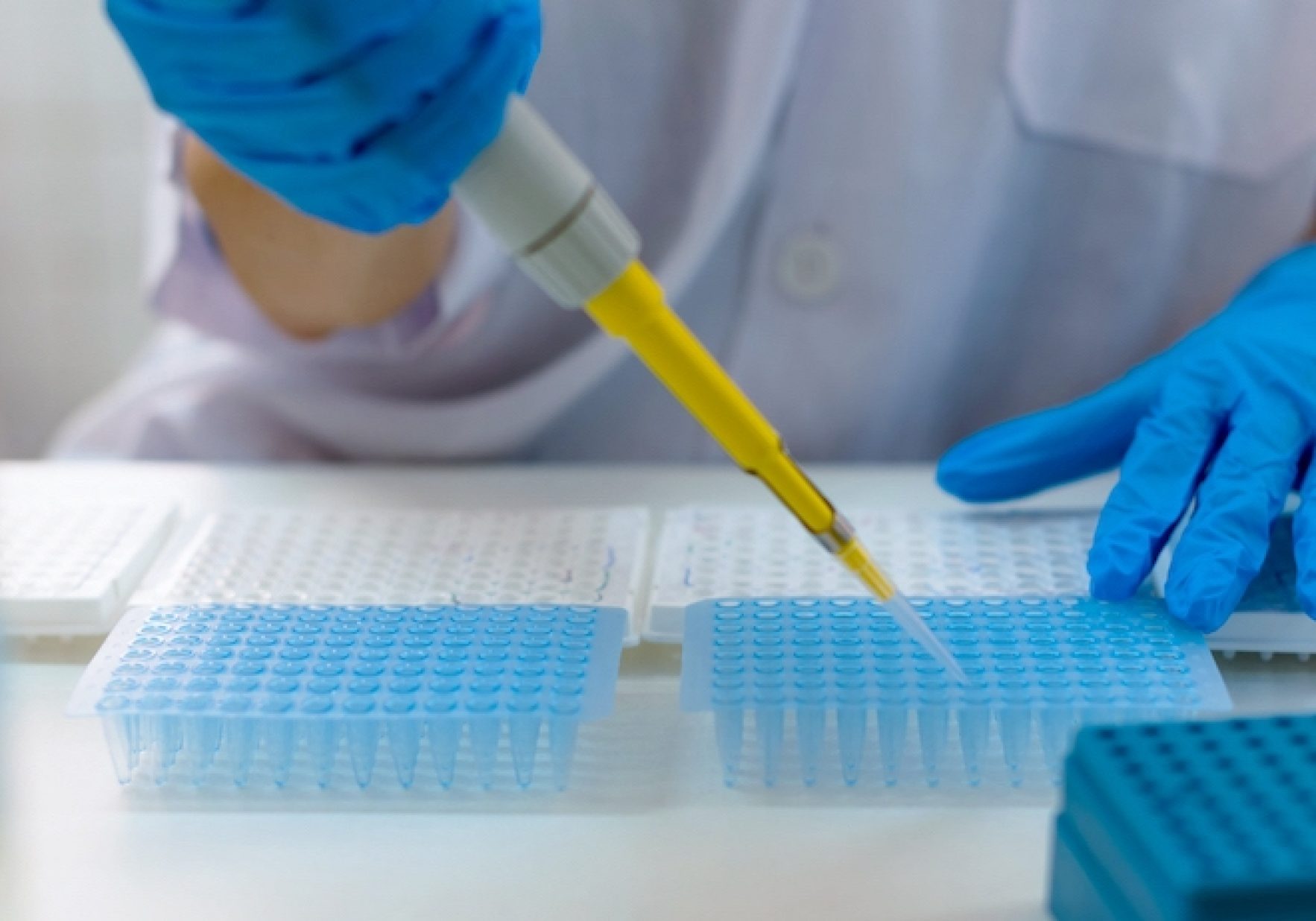
We are pleased to become a signatory of the Technician Commitment, pledging to ensure recognition for the UK DRI’s technical communities.
Read Article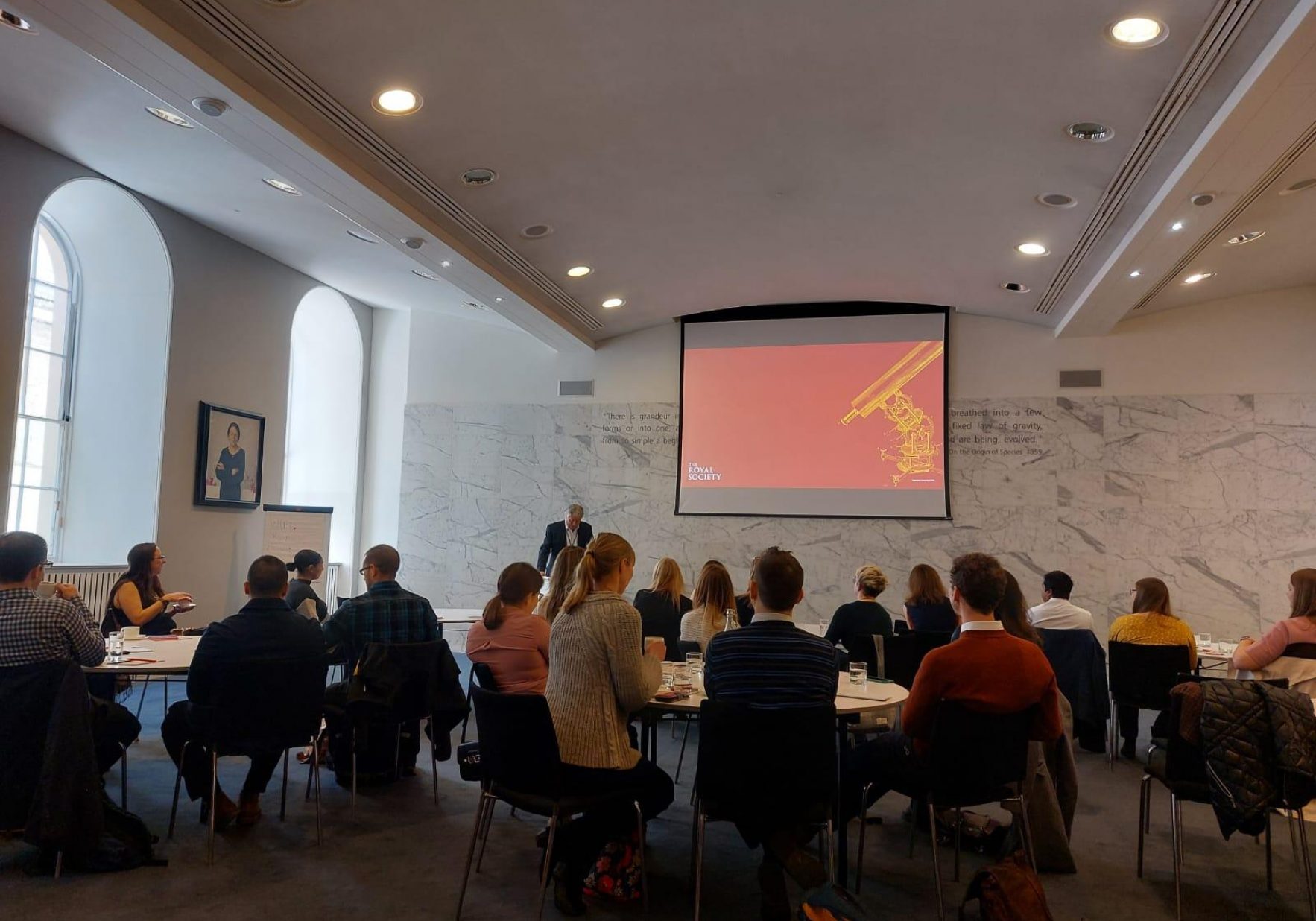
Three UK DRI researchers took part in the 2022 Royal Society Pairing Scheme, an opportunity to gain first-hand experience of the inner workings of parliament and insight into how policy is shaped.
Read Article
This week, UK DRI researchers joined other leading figures in the publication of two open letters, calling for the government to take action to accelerate progress in dementia research.
Read Article
The UK DRI is proud to support the Stick to Science campaign – a pan-European coalition of scientists, universities and research institutes, calling for an open and inclusive research and innovation landscape in Europe that is free from political barriers.
Read Article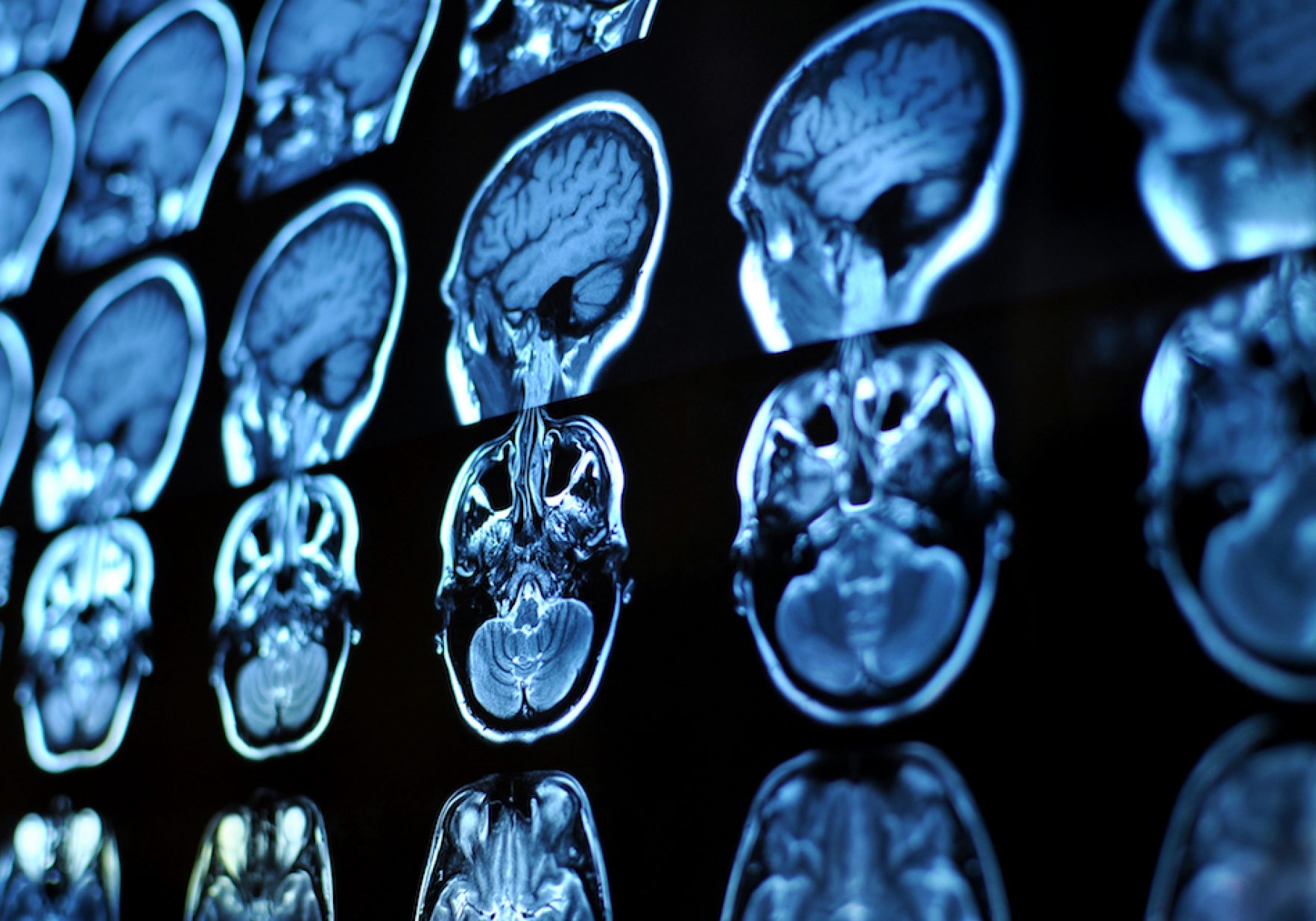
A new study involving UK DRI researchers has found that exposure to the Covid-19 virus can cause shrinkage and structural changes in areas of the brain that are known to be involved in smell.
Read Article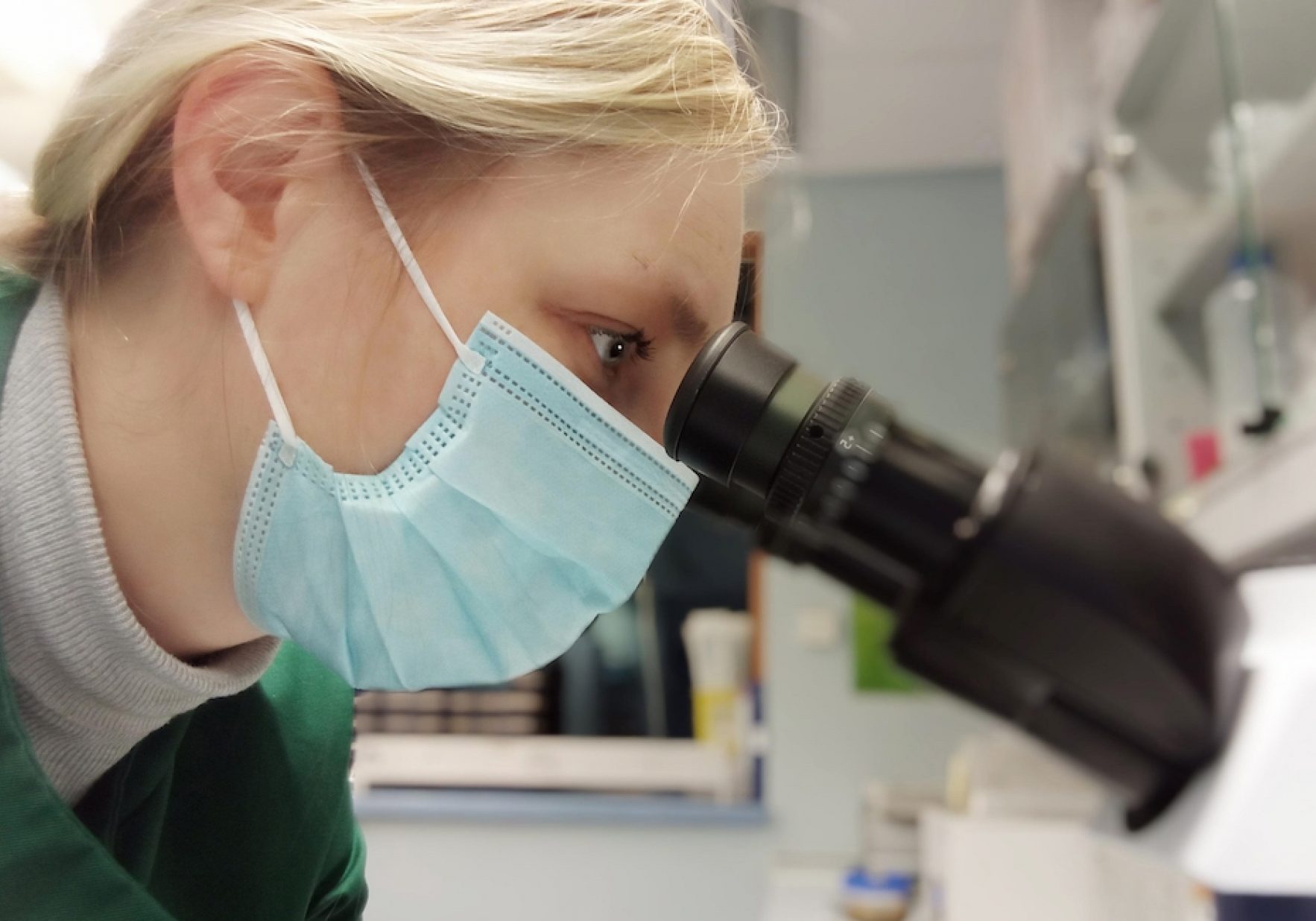
When studying a condition like dementia, we aim for our research to have a life-changing impact on people, often through the development of new treatments and technologies. We spoke to recently appointed UK DRI Emerging Leader and Race Against Dementia Fellow at Cardiff, Dr Wioleta Zelek, about her research journey and experiences of developing and patenting research tools.
Read Article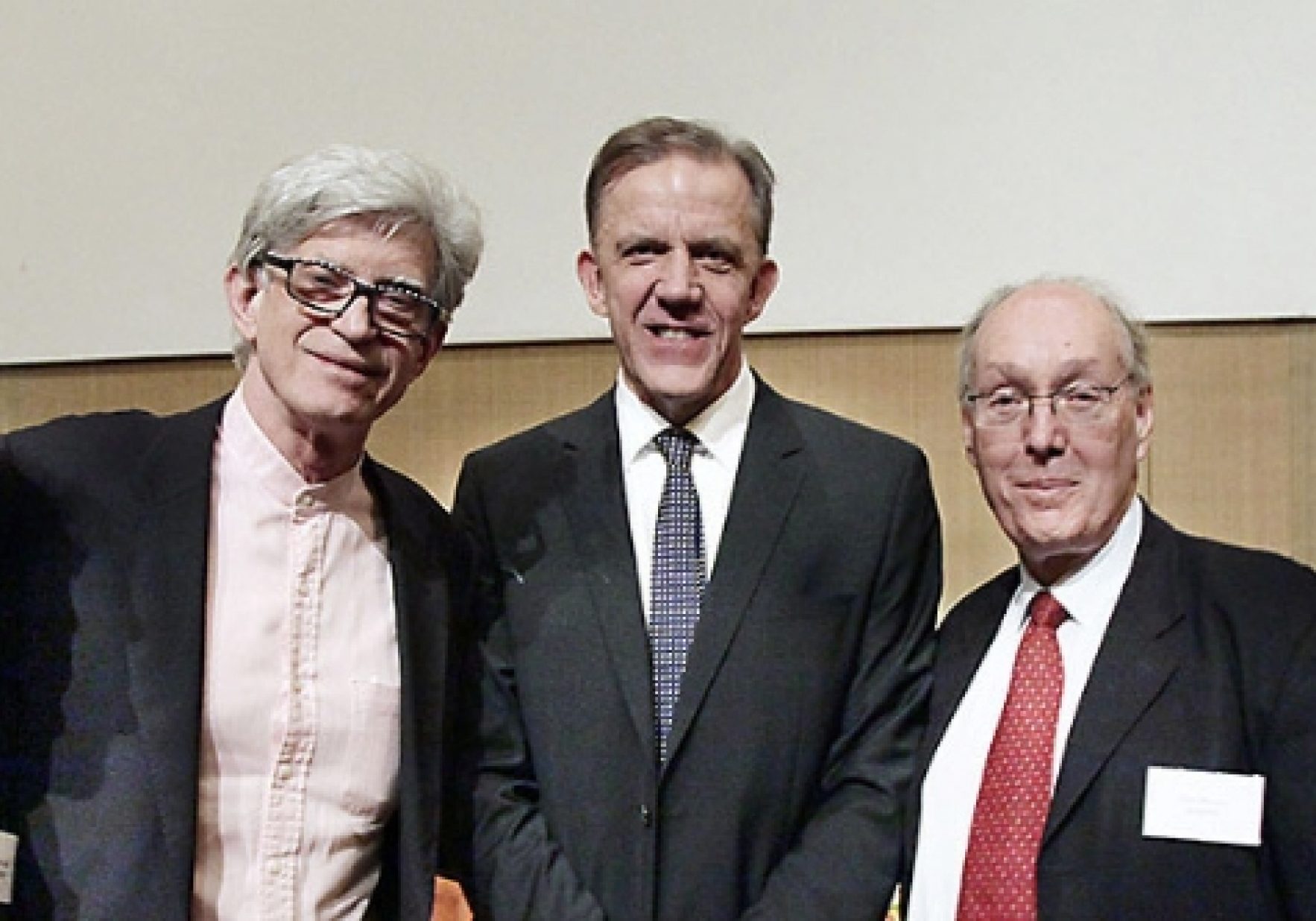
The UK DRI community is deeply saddened to hear of the passing of Prof John Trojanowski, eminent neuropathologist at the Center for Neurodegenerative Research at University of Pennsylvania. Colleagues share their tributes and memories of John.
Read Article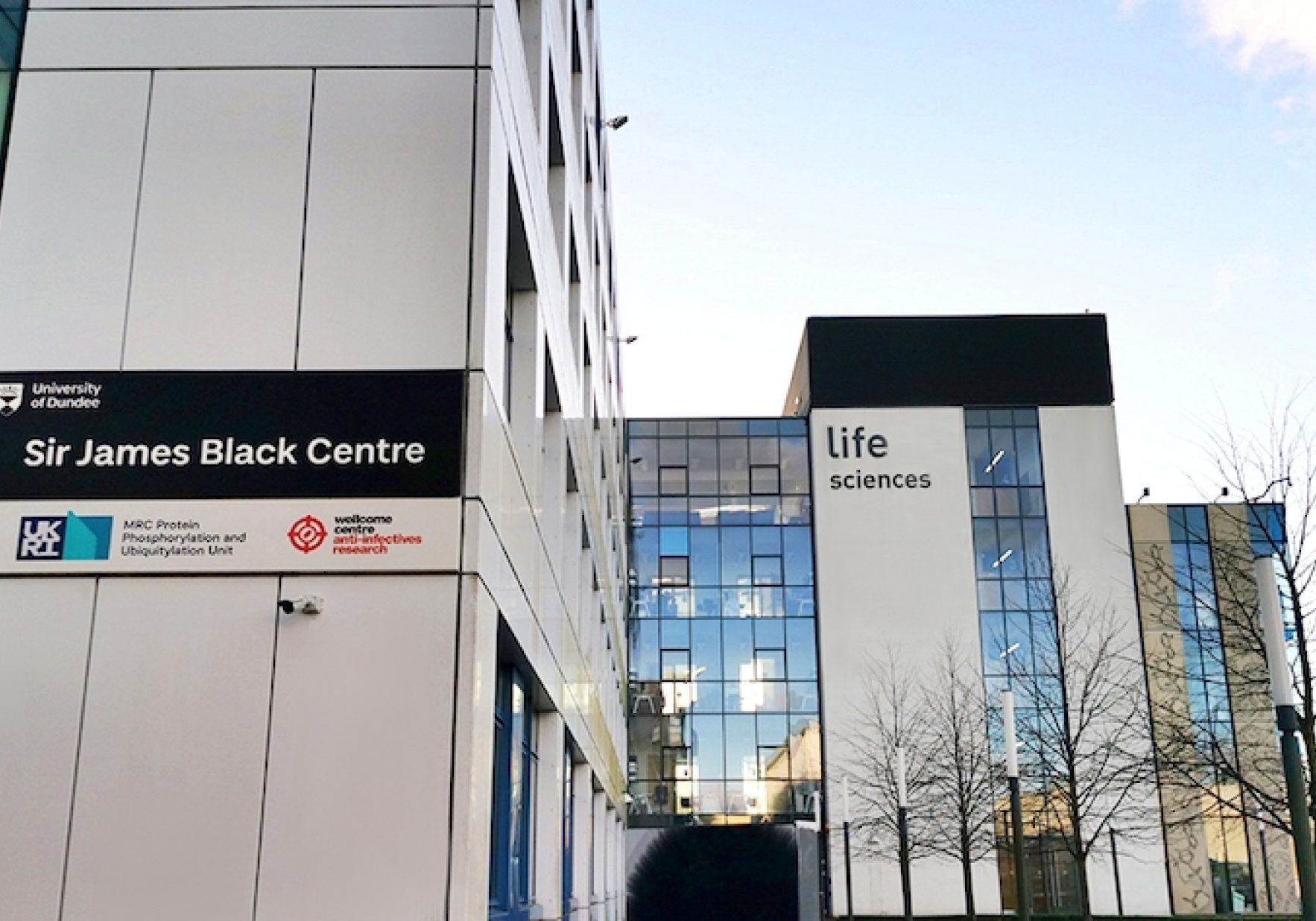
New technologies are crucial to advancing medicine and bringing greater understanding of the diseases that lead to dementia. At the UK DRI, we’re equipping scientists and clinicians with the latest tools, and establishing nationwide technology infrastructure, to push for breakthroughs in neurodegenerative research. We spoke to Dr Bethany Geary, Scientific Lead of the UK DRI Proteomics Platform, to find out more the potential of this initiative, the projects where its already making a difference and how researchers can access valuable expertise and resources.
Read Article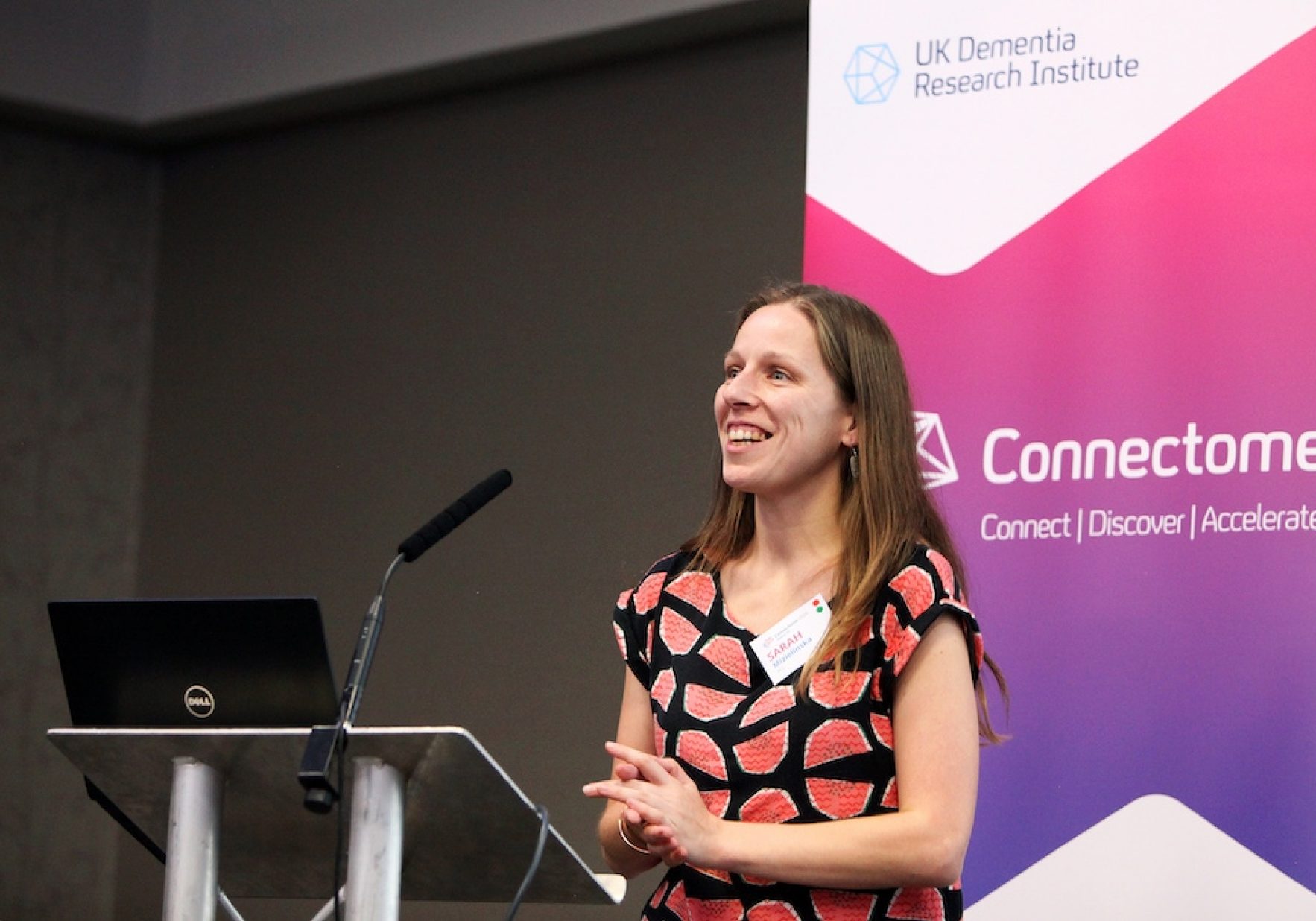
When looking at a brain from an individual with dementia, a characteristic build-up of abnormal proteins is often seen alongside the substantial loss of neurons. These aggregations are of great interest to researchers, but could their location also offer clues as to the underlying causes of disease and, critically, opportunities for treatment? We caught up with Dr Sarah Mizielinska (UK DRI Group Leader at King’s) to find out more about her cutting-edge research into the mislocalisation of proteins, the importance of a multidisciplinary approach and her experiences starting a new family and lab group in academia.
Read Article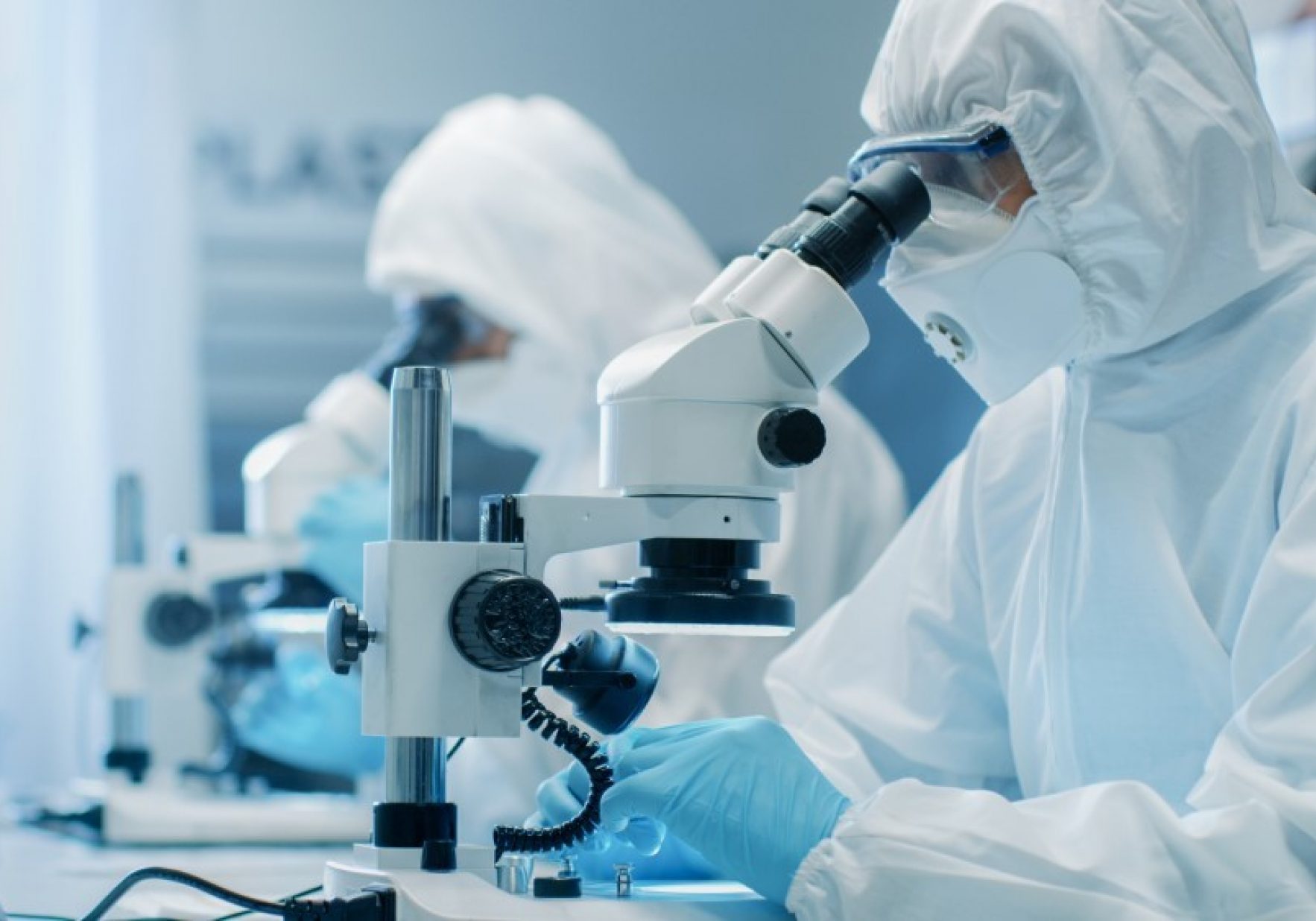
The UK DRI and Eisai are excited to announce the recipients of the Eisai / UK DRI postdoctoral research awards from the latest selection round. These awards allow postdoctoral scientists to collaborate on projects with Eisai, one of the world’s leading research-based pharmaceutical companies. The projects from previous rounds are underway and are already benefitting from the expertise of this industrial partner.
Read Article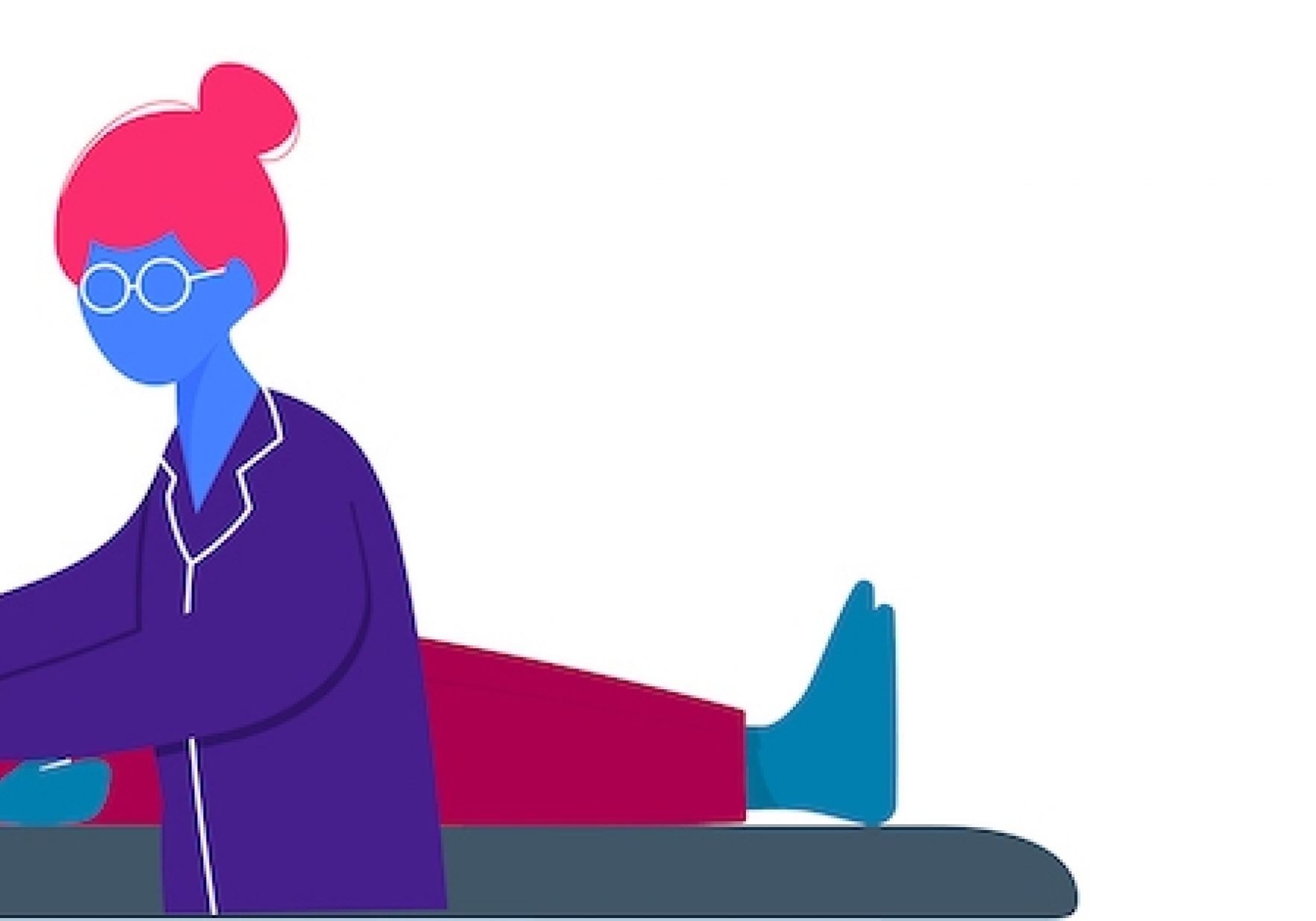
We know that often in neurodegenerative conditions, changes to the brain begin decades before symptoms appear. Many believe therefore that we stand a better chance of slowing or stopping the disease process, if we intervene with treatments at the earliest stages. But how do we detect these subtle biological changes, and identify those who are at most risk of developing disease?
Read Article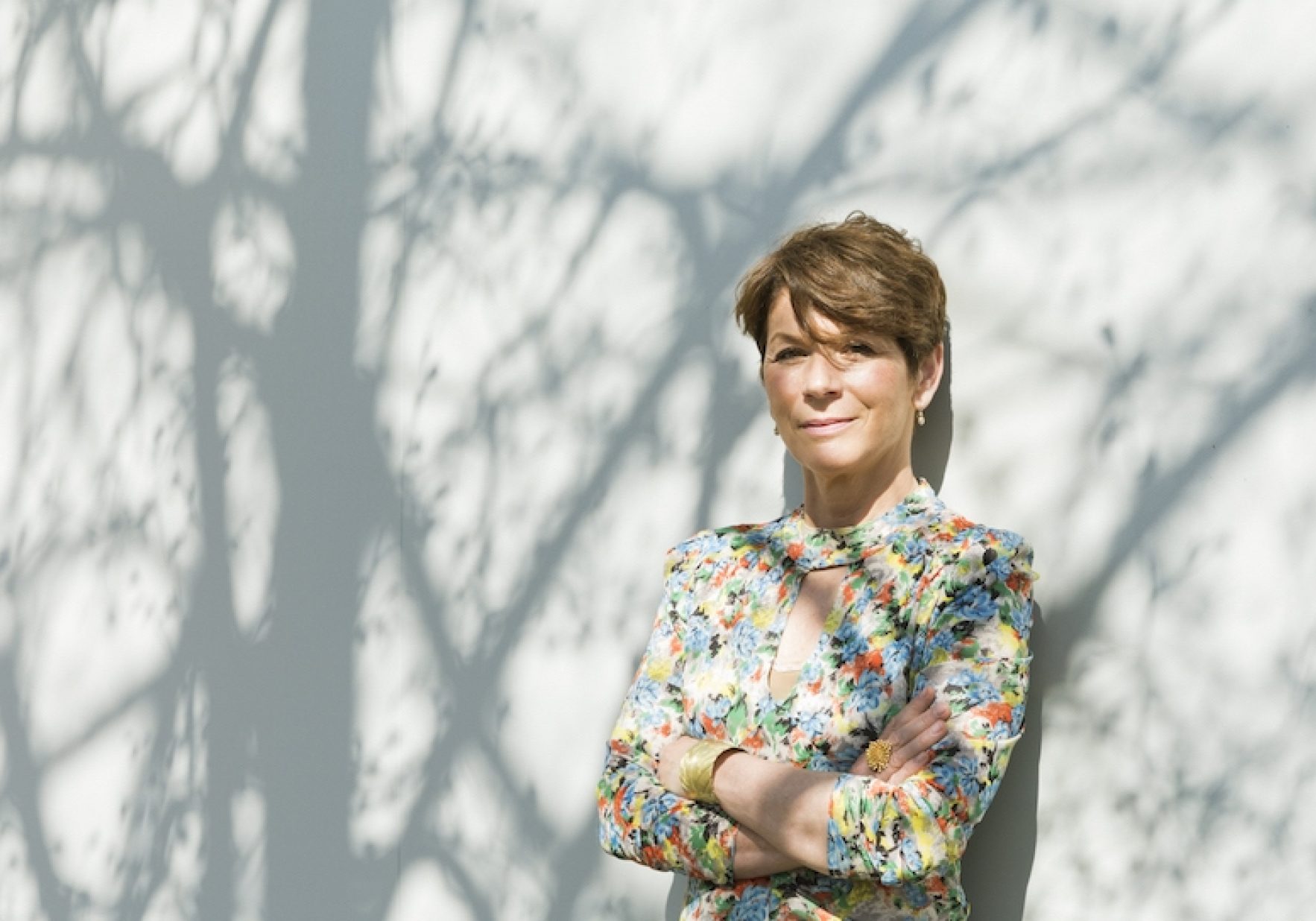
The UK DRI is bidding a fond farewell to colleague and friend Prof Giovanna Mallucci, who will be moving on from the Institute in March 2022. As founding Centre Director at Cambridge, Prof Mallucci has established an outstanding research facility focused on unravelling the earliest stages of neurodegeneration and driving the search for new dementia therapies.
Read Article
The Global Burden of Disease study, which provides forecasts for 204 countries, estimates that the number of adults (aged 40+) living with dementia is expected to increase from approximately 57 million in 2019 to 153 million in 2050. The new analysis examines the impact of major dementia risk factors on projections, and urges significant intervention through lifestyle changes, expanded health and social care resources and investment in research to find much-needed treatments.
Read Article
With us from early development, our neurons are some of the most precious cells in the body. We ask a lot of them throughout our lives, and it’s no surprise that they need some care and attention to maintain peak performance. DNA repair mechanisms are on hand to service our cells but what happens if they start to go wrong? We caught up with researcher and theme co-lead Dr Gabriel Balmus, to find out more about how disrupted DNA maintenance contributes to neurodegenerative disease and his work targeting therapies at this most fundamental of cell functions.
Read Article
Congratulations to Prof John Hardy (UK DRI Group Leader at UCL) who has been awarded a knighthood as part of the New Year Honours 2022. Prof Hardy’s groundbreaking studies on the genetics underlying Alzheimer’s has brought us closer to understanding the root causes of the disease, forming the foundations for many promising therapies currently in development.
Read Article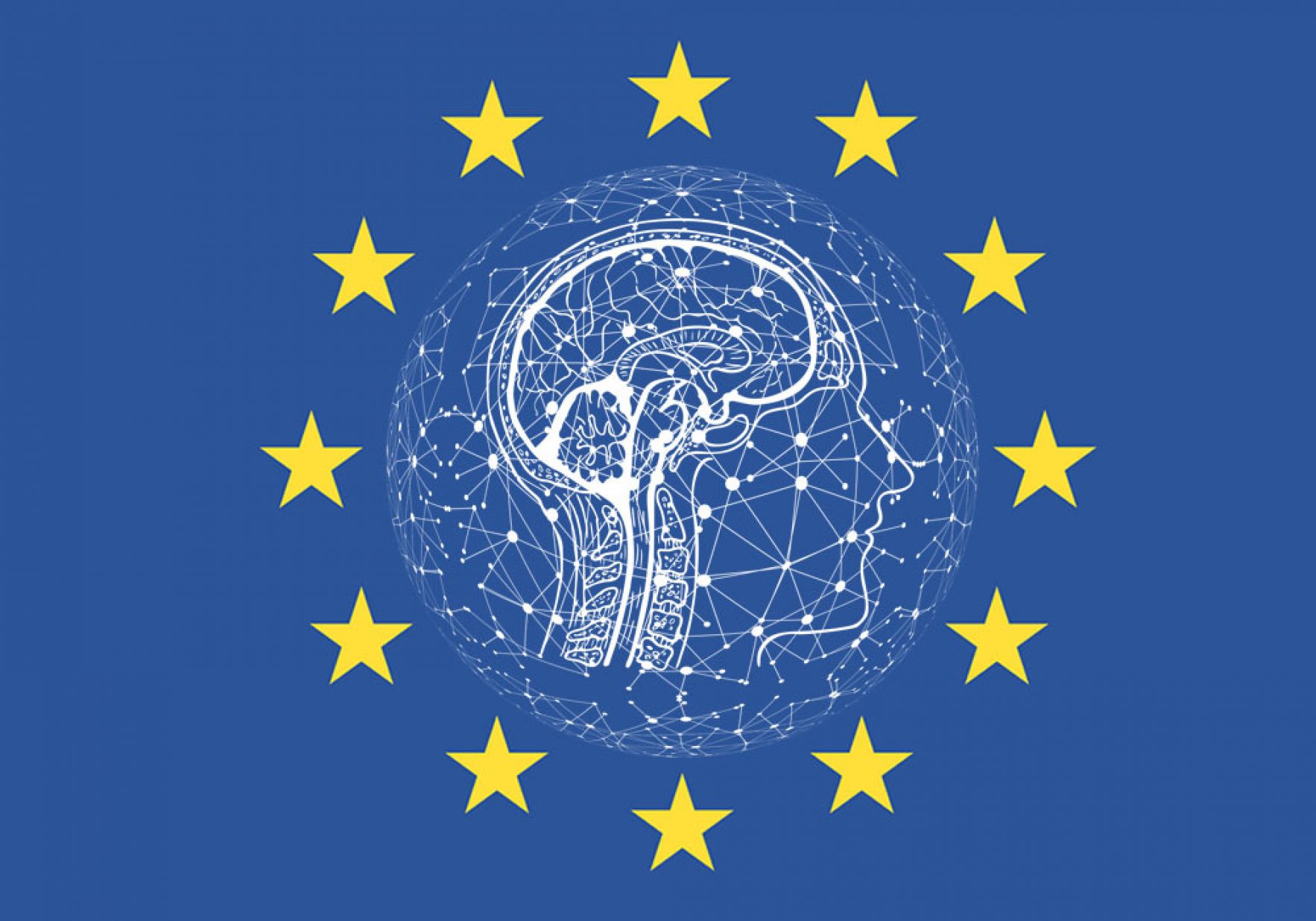
The European Medicines Agency (EMA) has today recommended that the Alzheimer’s drug aducanumab (aduhelm) not be licensed for use in the European Union. Read a comment on the decision from UK DRI Director Bart De Strooper.
Read Article
We are delighted to announce that PhD students Kitty Murphy and Brian Schilder, both from UK DRI at Imperial, have been awarded the Institute’s first computational reproducibility prizes. The scheme is designed to promote the development and open release of sustainable and reproducible code as part of dementia research output.
Read Article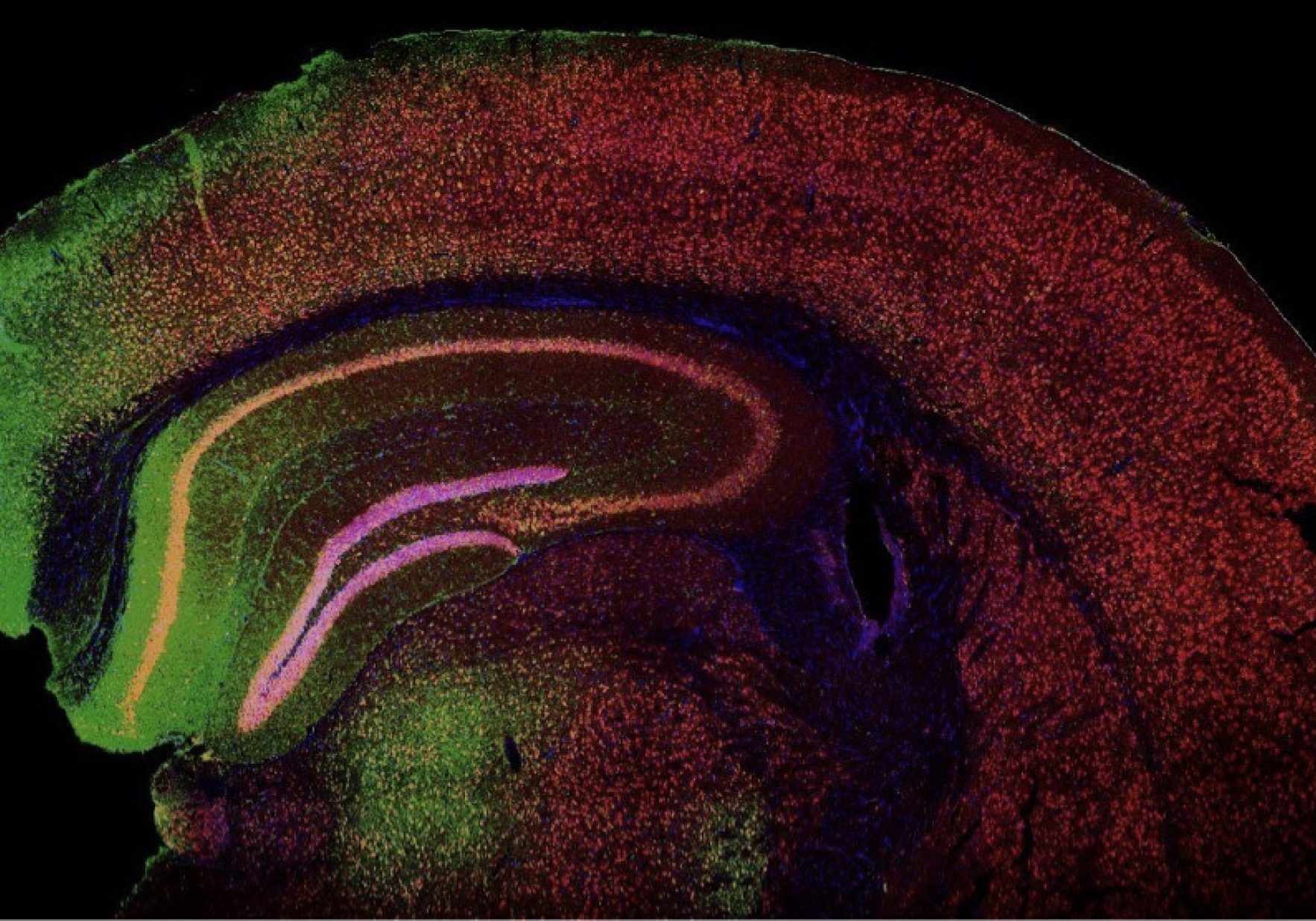
A new spin-out company from the UK DRI at King’s College London has raised $80 million (£58.6 million) in its Series A round, following an initial $16.5 million (£12 million) seed financing, to develop innovative gene therapies for people living with neurodegenerative diseases. If successful, treatments could permanently correct faulty genes potentially transforming the lives of individuals affected.
Read Article
We are proud to announce that seven UK DRI researchers have featured in this year’s Highly Cited Researcher 2021 list from Clarivate. The annual ranking identifies researchers who have demonstrated significant influence in their chosen field or fields through the publication of multiple highly cited papers during the last decade.